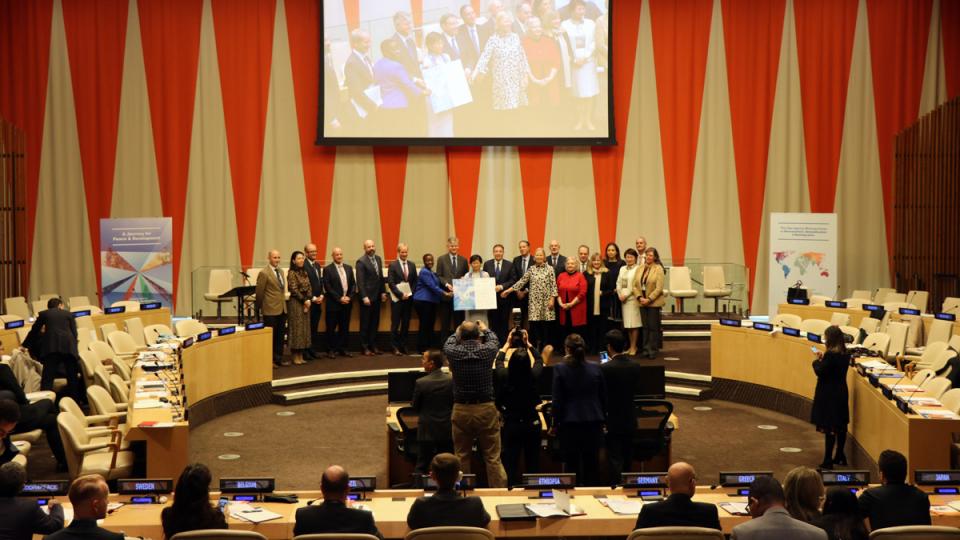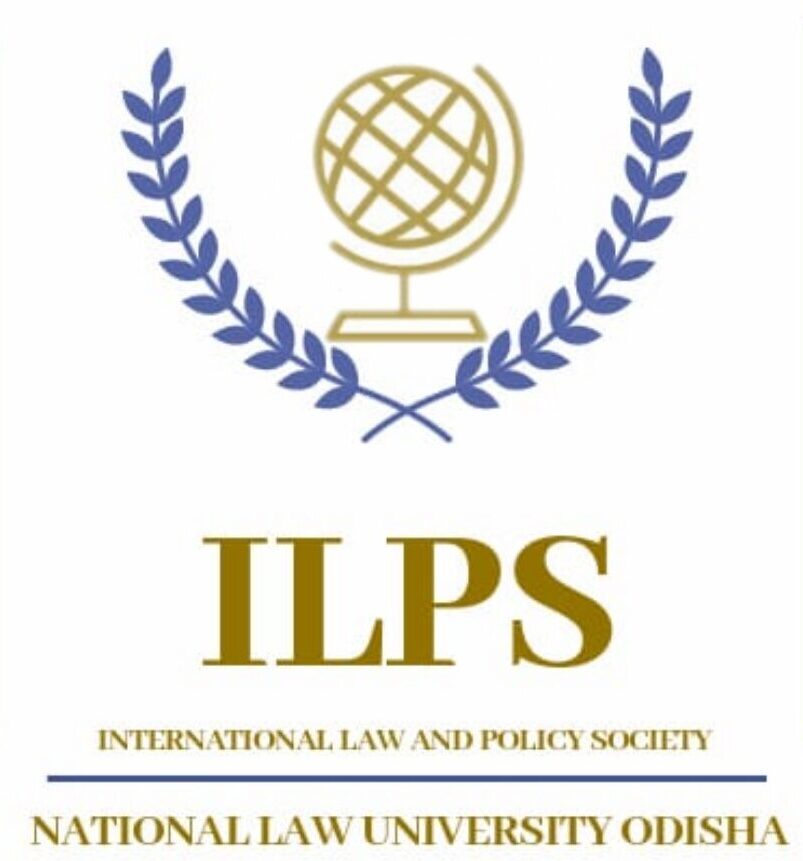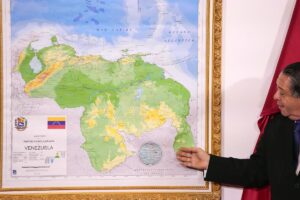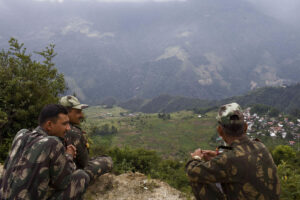
The laws of war must be upgraded to tackle Cyber War, Hybrid War and Post Modern War.
The United Nations General Assembly despite years of debate is unable to reach a consensus to define terrorism because of lack of consensus on nature and scope of war. In modern parlance, the terrorism is termed as proxy war. Now-a-days, armed conflicts are not clearly conventional between two rival forces. Non-state actors, terrorist groups fight the war on behalf of the states. Therefore, if a state promotes terrorism against another state, the victim state has every right to attack-back for self-defence purposes. Ideally, the self-defence response must be proportionate to the aggression. International Law has reflected upon all types of war including terrorism.
International Law on Terrorism
International Law which deals with terrorism also defines International Criminal Law, International Humanitarian Law, International Human Rights Law and Refugee Law. International Law has placed much emphasis on the principle of humanity and the principle of distinction. The principle of distinction distinguishes between civilians and armed forces and attacks may be directed against armed forces. The Charter of the United Nations views clearly on this aspect. However, these rules are violated frequently.
The Third Committee of the General Assembly addressing issues of crime prevention and criminal justice deals with terrorism from a criminal justice perspective. The General Assembly has adopted a number of resolutions relating to terrorism in last two decades. A milestone has been achieved by United Nations Global Counter Terrorism strategy in September 2006. Since adoption of the strategy, the task force has worked on curbing financial support to terrorism, radicalisation of terror groups and use of the internet for terrorist purposes.
Many times the International Court of Justice (ICJ) has unilaterally launched prosecution against terror promoter countries. Currently, there are sixteen international conventions and protocols which are related to the prevention of terrorism. International cooperation through extradition and mutual legal assistance is vital for prosecution of terrorists.
Laws are also defined for war. Primarily, there are five laws of war. War must be based on the military necessity; distinction, proportionality, humanity and honour. All these principles must supplement the international humanitarian law governing the legal use of force in a war. The laws of war are frequently violated by modern weapons and advanced warfare. Thus, it becomes important to upgrade the earlier treaties and minimise war on both the conflicting states. Since ancient times, laws of war have been developed by various means. This submission deals with all these means.
War Laws by Treaty
In ancient times, war was beyond control. In the middle ages in Europe the precepts of Christianity provided vague guidelines of war in the battlefield. In 1625, Hugo Grotius, a Dutch humanist, wrote on the Right of War and Peace (De Jure Belli ac Pacis) in which he explored the basic principles of the humanitarian treatment of the victims of war.
There existed no principle of International Law that curbed the rights of state opting war until 20th Century. War was primarily considered as part of state sovereignty. Later on, the state distinguished between just and unjust war. Accepting these divisions, countries raised war claims as just war. Consequently, the situation raised higher fatality and necessitated medical care in the battlefield. The first Geneva Convention was concluded in 1864 to protect the wounded in the battlefield under the initiatives of Henri Dunant, the founder of the Red Cross. Since then attempts were made to codify the laws of war. The Geneva Convention of 1949 extended the terms of convention to wars of national liberation.
War Laws by Custom
Next, laws of war are not only mentioned in treaties but also found in customary international law, which is practiced by states in consonance with the international law. Even the states which are non-signatories to the treaty follow the customary International Law. For instance, the fourth Hague Convention of 1907, concerning the laws and customs of war on land, reflected customary international law. As a result, Germany and countries engaged in war with Germany followed these principles thoroughly.
Laws of Proxy War
Proxy war are new memories of contemporary war. In modern times, armed conflicts are not conventional. Non-state actors, terrorist groups fight the war on behalf of the states. In such cases, Public International Law opposes this kind of proxy war and UNSC has every right to recommend war against the state promoting terrorism. Even the victim state has every right to attack the promoter state in self-defence. As a case in point, Israel had undertaken a counter attack against HAMAS groups in Palestine. India had undertaken Balakot airstrike in 2019 against terrorist camps located in Pakistan Occupied Kashmir. Nicaragua v. United states proxy war clearly indicated that commissioned war can happen on behalf of the state forces.
Laws of Civil War
In many cases, it is extremely difficult to distinguish between civil war and inter-state war. Because the civil war factions were supported by the external forces. For instance, Yemen’s war is treated as a civil war between the Rashad al-Alimi–led Yemen government and Houthi armed movement. International Law points to the non-intervention by other states and only Article 3 of 1949 Geneva Convention would apply. The protocol of 1977 would not apply to conflicts in Northern Ireland or Spain in which neither the Irish Republican Army nor the Basque separatist controlled any territory. While it would apply to the conflict in El Salvador in which rebel forces controlled the territory.
War of National Liberation
War of national liberation is also called the war of independence. The wars are fought by nations to gain independence. International Law holds that people with a legal right to self-determination are entitled to wage wars of national liberation. While western states viewed these wars as civil wars, Third World Countries regarded them as international wars. This difference in classification compelled states to apply war principles to such situations. However, states agree to use force if the right to self-determination is denied. The Palestine Liberation Organisation (PLO) holds official recognition of Palestine as a non-sovereign state and has participated in the UN Security Council debates since 1988. It has represented the Palestine people at the UN.
Supposition
The laws of war must be upgraded considering the emerging situations of modern warfare. The cyber war spying on foreign countries engaging mercenaries to wage war on foreign countries is modern warfare. Similarly, hybrid terrorist, hybrid war and postmodern war are current manifestations of war in international context. Since ancient times, war laws have evolved. However, disagreement continues and unanimity is required to define the new concepts of war. The postmodern war is analysed from the technological point of view. Technology has appeared as the most striking feature in postmodern war. India must not forget this technological advancement to remain relevant in modern warfare.
In recent years, countries involved in armed conflicts have increasingly recruited private military and security companies to wage war against the rival nations. The involvement of these companies in military operations have raised serious questions on international humanitarian law. The United Nations and the regional blocks must enact laws which are universally acceptable. As the nature of war has changed, it is more dangerous to serve in peacekeeping forces than in battle-field since more soldiers have died maintaining law and order peace than fighting war.
Looking at the failure of the United Nations Security Council in curbing war since its inception, the General Assembly should take the responsibility of diffusing war and conflicting situations. There is no harm in trying with the efforts of the General Assembly.




